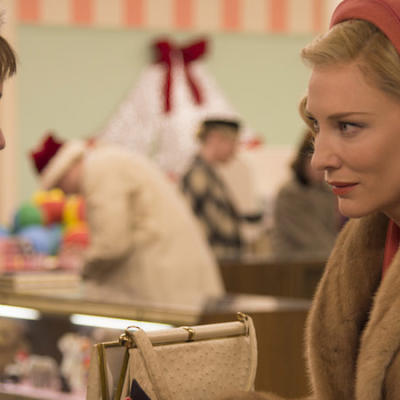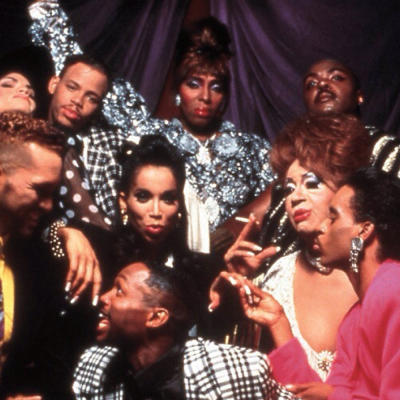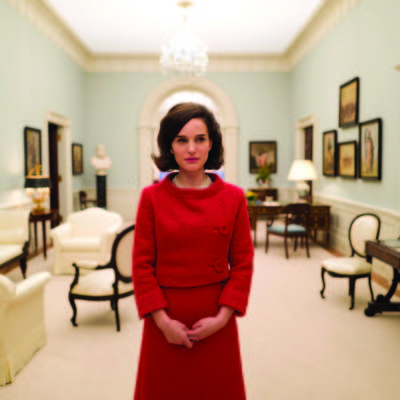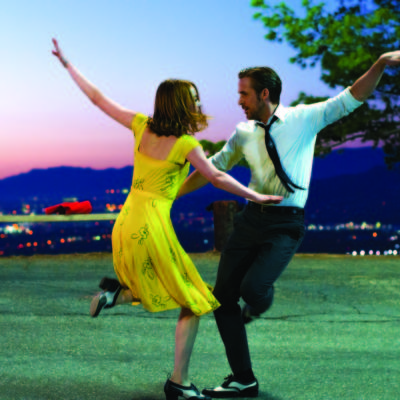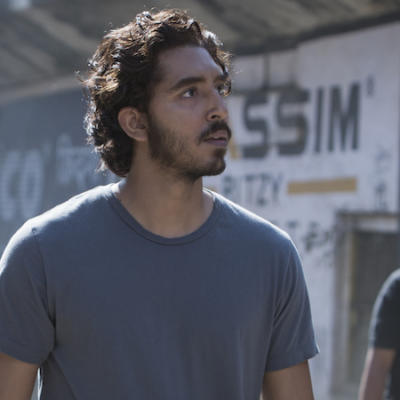As queer representation becomes more and more visible in the mainstream, it throws into stark relief how homogenous that representation tends to be. Moonlight, an unusual gay coming-of-age set in a poor black community in Miami, is in some ways a triumph purely because it tells the kind of story that we hardly ever get to see on-screen.
Moonlight is based on the never-produced play In Moonlight Black Boys Look Blue by Tarell Alvin McCraney, and tells the story of the reticent Chiron across three different parts of his life. As a child he is played by Alex Hibbert, as a teen by Ashton Sanders, and as an adult by Trevante Rhodes, with all three capturing a young man beset by demons that make him a target for bullies and profoundly isolate him even from his troubled mother Paula (Naomie Harris).
A chance meeting with kind-hearted crack dealer Juan (Mahershala Ali) and his girlfriend Teresa (Janelle Monáe), as well as Chiron's relationship with his only friend Kevin (Jaden Piner, Jharrell Jerome, and André Holland) resonate across all three sections of the movie. Despite only a handful of days in Chiron's life actually being shown to the audience across the twenty-odd years that the film covers, the film beautifully illustrates how he is defined - and in some ways not defined - by his nascent sexuality.
The film examines the prevalent and toxic charade of masculinity that young men are expected to perform. Everyone around Chiron knows that he is different in indefinable ways, and even when he feels he has found a kindred spirit under cover of darkness, the harsh light of day reveals that he can never be safe to be himself. In this desperately sad and sometimes striking milieu, the characters surrounding Chiron are either beacons of light or black holes of misery pulling mercilessly at him.
There is an astonishing complexity even to those characters whose screentime is limited. Mashershala Ali's Juan is brilliant in his tenderness, and in the way he captures the character's moral conflict. Naomie Harris, on the opposite side of the spectrum to the warm and paternal Juan, avoids debasement by delivering a portrait of addiction and regret that is disarmingly real.
The film's first two acts are enthralling - tightly paced and infused with a heart-wrenching sensitivity that is doubled by the gorgeous cinematography by James Laxton, which plays with light and colour in unexpected and striking ways, and the profoundly sad score for strings by Nicholas Britell. The final act, in which Chiron has built an emotional wall around himself, slows the pace right down as it drifts on subtle undercurrents of emotion and memory.
To some audience members, the ambiguities of Moonlight's denouement will be frustrating in their lack of concrete payoff. Instead of openly stating its themes, the enigmatic film allows its many separate threads to hang loosely together, and it is only with measured consideration that the themes come together. Moonlight's non-traditional narrative doesn't always pay off, but the power of its performances and its jaw-dropping cinematic beauty succeed in making it a film experience like no other.
Moonlight is showing in Australian cinemas now.
